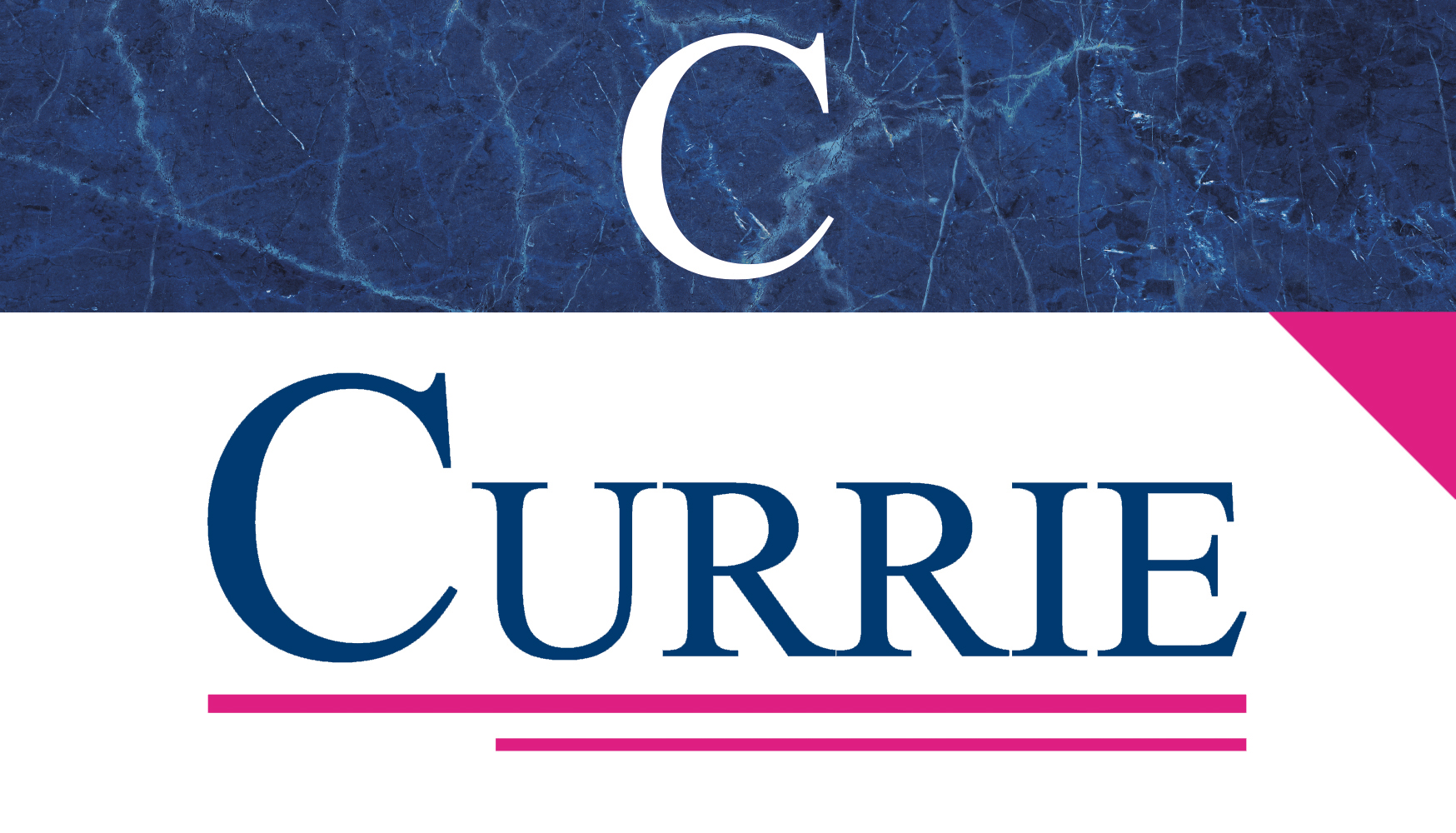The Currie team is kicking off the New Year with an important, and timely, article endorsement for all of our industrial equipment firms who are in the throes of multi-generational structuring, and succession planning. In other words, almost ALL of our distributor clients! The US Chairman of PwC on Keeping Millennials Engaged is a must read. But before we get into the reasons why – here’s a quick definition of the millennial: a segment of the population who came of age around the turn of the century.
There are a great number of reasons why I chose this article for the 1st Quarter 2015 recommended reading. First of all, this piece is a great follow-on to the 2012 Global Workforce Study, which was recommended reading for 1st quarter 2014 (see https://www.curriemanagement.com/2014/03/2012-global-workforce-study/ ). The Global Workforce Study set us on track to talk about Employee Engagement throughout 2014, in an attempt to modernize our perception about the optimal desired culture for our distribution companies. Now, one year later, we are still talking about employee engagement, and how critical is it to the performance of your company. The U.S. Chairman of Pricewaterhouse Coopers has captured the essence of how to play on the strengths and attitudes of millennials in order to create and manage the optimal talent strategy for any workplace.
Who is Bob Moritz? Some time “back in the day”, Moritz declined a promotion at Pricewaterhouse Coopers. His choice was driven by a desire to dedicate more time and attention to his family. Because of this, Mr. Moritz has become defined as a pioneer among male executives who are willing to talk about the concept of “work-life balance.” Although traditionally such a move would be considered “career suicide”, Moritz still ended up rising to the level of U.S. Chairman. Here’s another gem about this leading man–Bob, according to an interview with the Wharton School of Management, is also a firm believer that the key to a truly successful team, is to make sure they are diverse. This diversity includes not only age, but also experience and background differences. Read on to see how Mr. Moritz’s thinking is akin to understanding millennials.
Managing millennials is a frequent discussion topic at all Currie Best Practices Group meetings. Considering the multi-generational structure of almost all of our industrial equipment dealers, the ability to work through the work styles issues has become essential to the future success of the enterprise. Take a look at page 4 of the article, in the center callout—“This is not your father’s firm!” Marketplace variations, economic changes, and cultural shifts have created an entirely new business landscape for distributors of industrial equipment. Understanding millennials, and working with them (and not against them), is the key to successful engagement and collaboration as we enter the next generation of distribution, and as we move into “Phase 5” of the marketplace (think back to the Currie Evolution of the Marketplace concept).
Overall, there are a few key points about Keeping Millennials Engaged which should be noted. Pay special attention to the section on pages 4-5: “Meeting Millennials’ Expectations”. Here, the author has identified four fundamental areas of employment where truly engaged millennials have indicated hold the highest value to them.
- Greater input
- Career paths
- Appreciation
- Corporate values and responsibility
Additionally, there’s a grave message in the quote that is found on page 5 of the article: “Millennials are quick to react negatively to any perceived disconnect between the firm’s words and its actions. If they don’t believe us, they leave”. All of Currie Management Consultants, Inc.’s dealer clients are considered to be employers of choice, and hold themselves to extremely high ethical standards. This immediately gives advantage to an organization looking to acquire young, energetic people. The strengths that millennials bring to your organization are loyalty based upon an understanding of where the company fits in to the greater world, a deeply ingrained knowledge of technology and its possibilities, and an attitude of collaboration that is unprecedented in former generations.
PwC, under this leadership, has identified that negative myths about millennials should be ignored. Although millennials are criticized for demonstrating behaviors that are quite different, at least in comparison to the way in which the Baby Boomers went about their business, millennials are just as dedicated to the success of their company as their predecessors are. Unfortunately, many long standing companies have failed to understand, or even refused to understand, what makes the millennial tick. Their penchant for harmonious teamwork, makes them extremely valuable players. Tapping into their energy, and their ethics, will ensure the creation of a strong team of devoted employees with a high level of morale.
For a little additional information, check out a study that was done: https://www.pewresearch.org/millennials/ . This is a website that has good information and is worth visiting for a few minutes.
In conclusion, do we now have a better understanding of how the strengths of millennials will lead to improved company results? What does your talent strategy look like? Are you leveraging the power of a generation of workers who are also global citizens? What other strengths can your millennial team bring to your distribution enterprise?
Watch for the 2015 Currie Reading List – “The Philosophy of Distribution”, coming soon!
Robin
